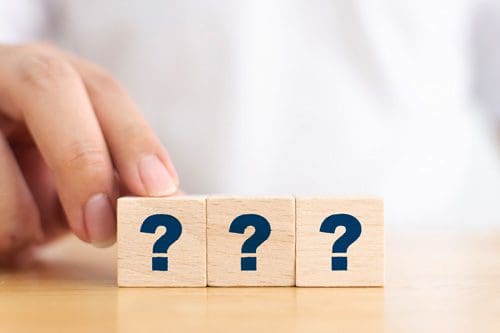 If you have a loved one struggling with addiction and want to get them help before it’s too late, it may be time to stage an intervention. At an intervention, you can express your concerns about your loved one’s behavior and help them get the treatment they need.
If you have a loved one struggling with addiction and want to get them help before it’s too late, it may be time to stage an intervention. At an intervention, you can express your concerns about your loved one’s behavior and help them get the treatment they need.
Stages of an Intervention
An intervention is staged by a group of family or friends who are all concerned about their loved one’s struggle with substance abuse. Some interventions are led by an intervention specialist, but this is not mandatory. If you feel that your intervention would benefit from professional guidance, arrange to meet with that person well in advance of the intervention. An intervention specialist will have the experience and skills to guide those involved through the process in an organized and effective manner. Having a professional there can also show your loved one how seriously you take the addiction.
Stage One: Plan the Intervention
The first step of an intervention is planning. To plan the intervention, the following must be decided:
- When it will occur
- Location
- Who will attend
- Who should speak and what they will say
- How treatment options will be presented
The person who is the focus of the intervention will most likely not be aware that it is taking place until they show up. The planning will take place without their knowledge.
Stage Two: Get Loved One to Intervention
The next stage is getting the loved one to the intervention. One person may be designated to get the person to the intervention at a specific time.
Stage Three: Group Discussion Involving Loved One
Then, once everyone has gathered at a location and the person has arrived, the group can start discussing their concerns about their loved one’s struggles. This can be an emotional process for everyone involved. Some friends and family may choose to speak from their hearts while others may decide to write down their thoughts or compose a letter to their loved one about their addiction. No matter how the message is shared, the focus should be on the following:
How the person’s substance abuse disorder has personally affected them
Their concerns about their loved one’s health and well-being
What they expect the person to do and the consequences if they do not seek treatment
Tips for Participation
Some tips to consider when taking part in an intervention are:
- Never shame or humiliate the person struggling with the addiction
- Give everyone a chance to speak
- Give the person a chance to speak so that they will feel heard and understood
- Have a clear plan in place for treatment
- Have a plan in place if your loved one decides to leave the intervention
Once a person sees the efforts of the group and the impact that their addiction has on everyone, the more likely they are to seek professional treatment.
If the intervention works and your loved one agrees to seek treatment, have a plan in place so that this can occur immediately. Pre-arrange treatment with a recovery center that has an immediate opening. Have plans in place to take care of your loved one’s children, pets, and other responsibilities so that there are no excuses to refuse treatment.
What to Do if It Does Not Work
If the intervention does not work and your loved one refuses to seek treatment, be sure to follow through with the consequences you presented. You will want to stop any behavior that enables their addiction. This can include supporting them financially or communicating with them while they are active in their substance abuse.
If you are struggling with the impact that your loved one’s addiction has on your life, you may want to seek help for yourself. Many recovery centers offer resources that can provide support to the entire family, not only the person who has the substance abuse disorder.
Contact Us Today!
At Twin Lakes Recovery Center in Monroe, GA, we offer treatment for substance abuse, alcohol abuse, and co-occurring disorders. Our continuum of care includes a variety of programs to meet your specific needs, including detox, inpatient residential treatments, intensive outpatient programs, relapse prevention programs, certified therapists, and a variety of wellness activities. We also offer a family program for the client and their entire family. Contact us today to find out more about what programs Twin Lakes Recovery Center has to offer.



